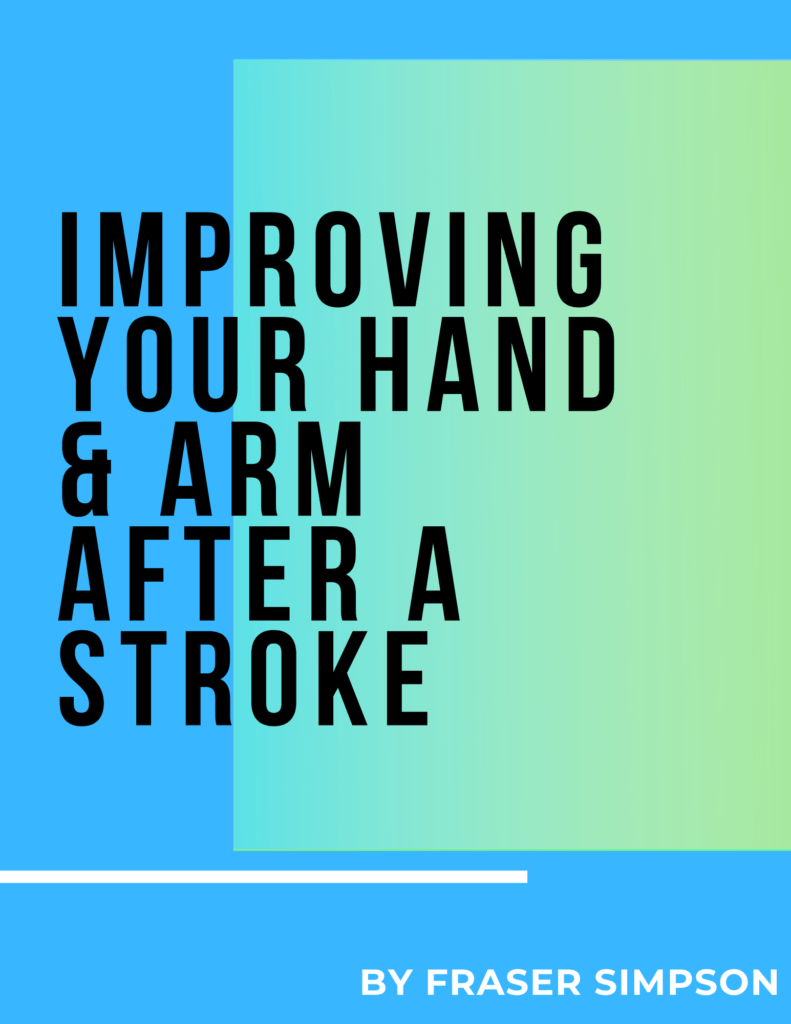Arthritis is a common and often debilitating condition that affects millions of people worldwide. If you’re one of the many individuals living with arthritis pain, you know how it can impact your daily life. The good news is that Physiotherapy offers effective strategies for managing and even overcoming arthritis pain. In this blog post, we’ll explore how Physiotherapy can be your ally in the fight against arthritis discomfort.
Understanding Arthritis
Arthritis is a broad term that encompasses over 100 different types of joint inflammation. The most common forms are osteoarthritis (OA) and rheumatoid arthritis (RA). OA typically results from wear and tear on joints over time, while RA is an autoimmune disorder that causes joint inflammation.
The Role of Physiotherapy
Physiotherapy plays a crucial role in arthritis management by focusing on several key aspects:
Pain Relief: Physiotherapists employ various techniques, such as manual therapy and modalities like heat or cold therapy, to alleviate pain and reduce joint inflammation.
Improving Range of Motion: Arthritis can lead to stiffness and limited joint mobility. Physiotherapists design exercises and stretching routines to enhance your range of motion, making daily activities easier and less painful.
Strengthening Muscles: Strong muscles provide better support for your joints. Your Physiotherapist will develop a customized exercise plan to target muscle weaknesses and protect your joints.
Education: Understanding your condition is vital. Your Physiotherapist will educate you on arthritis management, including lifestyle modifications, proper joint protection techniques, and pain management strategies.
Functional Improvement: The ultimate goal of Physiotherapy is to help you regain functionality and independence. This includes addressing any balance issues to reduce the risk of falls and injuries.
Benefits of Physiotherapy for Arthritis
Now, let’s explore the specific benefits of Physiotherapy for arthritis:
Pain Management: Physiotherapists employ techniques such as manual therapy, exercises, and modalities like ultrasound to effectively manage pain. Manual therapy includes hands-on methods like massage and joint mobilization. Therapeutic exercises target pain areas and improve overall function. Modalities such as ultrasound and electrical stimulation provide pain relief and reduce inflammation.
Improved Mobility: Physiotherapyhelps enhance flexibility and reduce stiffness through tailored exercises and stretches. Stretching routines increase joint flexibility, while controlled exercises improve the range of motion, allowing for more comfortable movement.
Joint Protection: Patients learn techniques to protect their joints during daily activities, reducing the risk of further damage. Proper body mechanics, like maintaining posture and safe lifting methods, are taught.
Strength and Endurance: Physiotherapy includes exercises to strengthen muscles around affected joints, reducing pressure and discomfort. Enhanced muscle strength and endurance enable easier daily tasks.
Customized Treatment:Physiotherapists create personalized treatment plans based on individual needs and goals. Plans evolve as patients progress, ensuring effective care throughout the rehabilitation journey.
Your Journey to a Pain-Free Life
Arthritis pain doesn’t have to control your life. With the right guidance and support, you can take steps towards a pain-free, more active lifestyle. At in , our dedicated Physiotherapists specialize in arthritis management and can provide you with the tools and strategies you need to beat arthritis pain.
Don’t let arthritis hold you back any longer. Contact at today to schedule your consultation and start your journey towards a more pain-free and active life.
Physiotherapy is a powerful ally in the battle against arthritis pain. It offers a holistic approach to pain management, mobility improvement, and joint protection.



